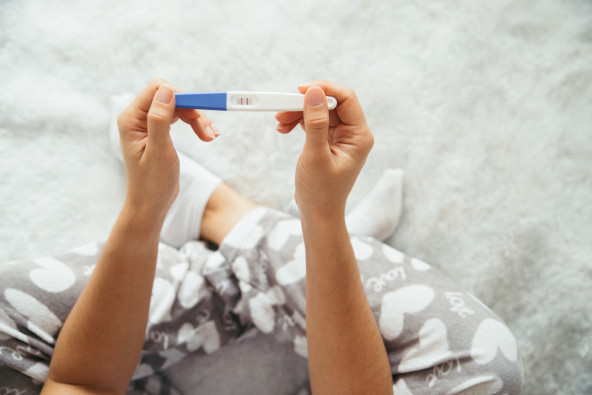Special protection against dismissal for in vitro fertilization, BAG 26.03.15 - 2 AZR 237/15

The plaintiff had been employed by an insurance agency for just under a year and informed the defendant in mid-January of an upcoming attempt at artificial insemination; the embryo transfer took place on January 24, 2013. On January 31, 2013, the defendant gave notice of ordinary termination without official approval and without the employment relationship having been objected to to date. After the plaintiff's pregnancy was discovered on February 7, 2013, she informed the defendant of this information on February 13, 2013. The plaintiff's position was filled and the plaintiff filed an action for unfair dismissal.
The action for protection against dismissal was upheld in all instances. According to Section 9 (1) sentence 1 MuSchG, the special protection against dismissal for pregnant women applies from embryo transfer. The defendant was informed of the pregnancy within two weeks. In addition, he was able to assume a possible pregnancy through artificial insemination based on the plaintiff's announcement. However, the decisive factor is that the defendant was informed of the pregnancy in due time after the notice of termination was issued and that the plaintiff is subject to special protection against dismissal pursuant to Section 9 (1) sentence 1 MuSchG and may not be dismissed. In order to ensure legal certainty and to achieve a level comparable to that of a natural pregnancy, the embryo transfer is defined as the beginning of the pregnancy and not the nidation. This extends over several days and the beginning and end cannot be determined beyond doubt, meaning that the start of the pregnancy and therefore the start of protection against dismissal cannot be clearly defined. In addition, the European Court of Justice ruled on February 26, 2008, that according to Section 7 (1) AGG in conjunction with Sections 1, 3 AGG §§ 1, 3 AGG, discrimination against the female sex is possible if the dismissal is based on in vitro fertilization of the female employee, as only women can undergo this treatment. According to the BAG, the fact that there was a close temporal connection between the announcement of the artificial insemination and the dismissal also speaks in favor of discrimination.
